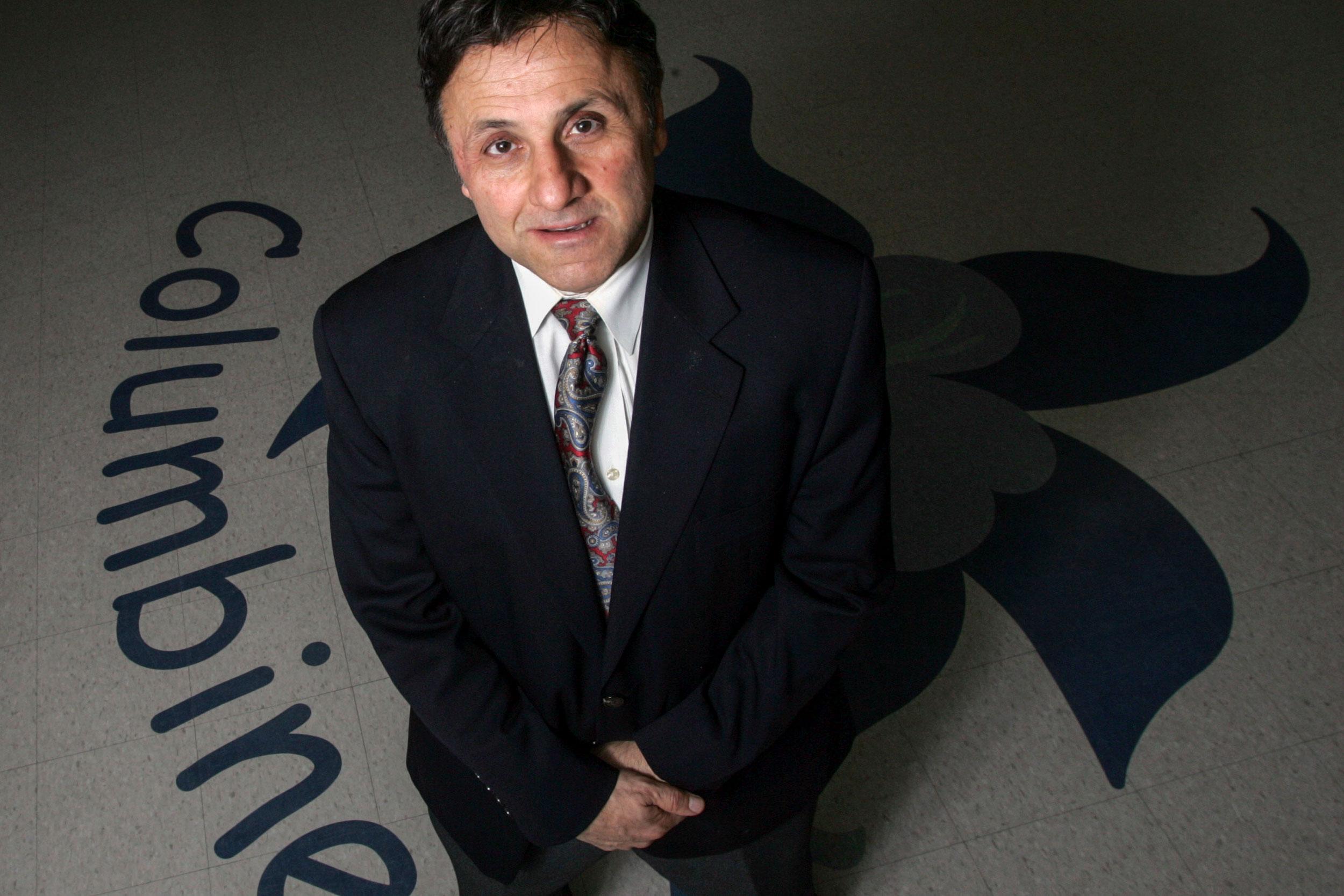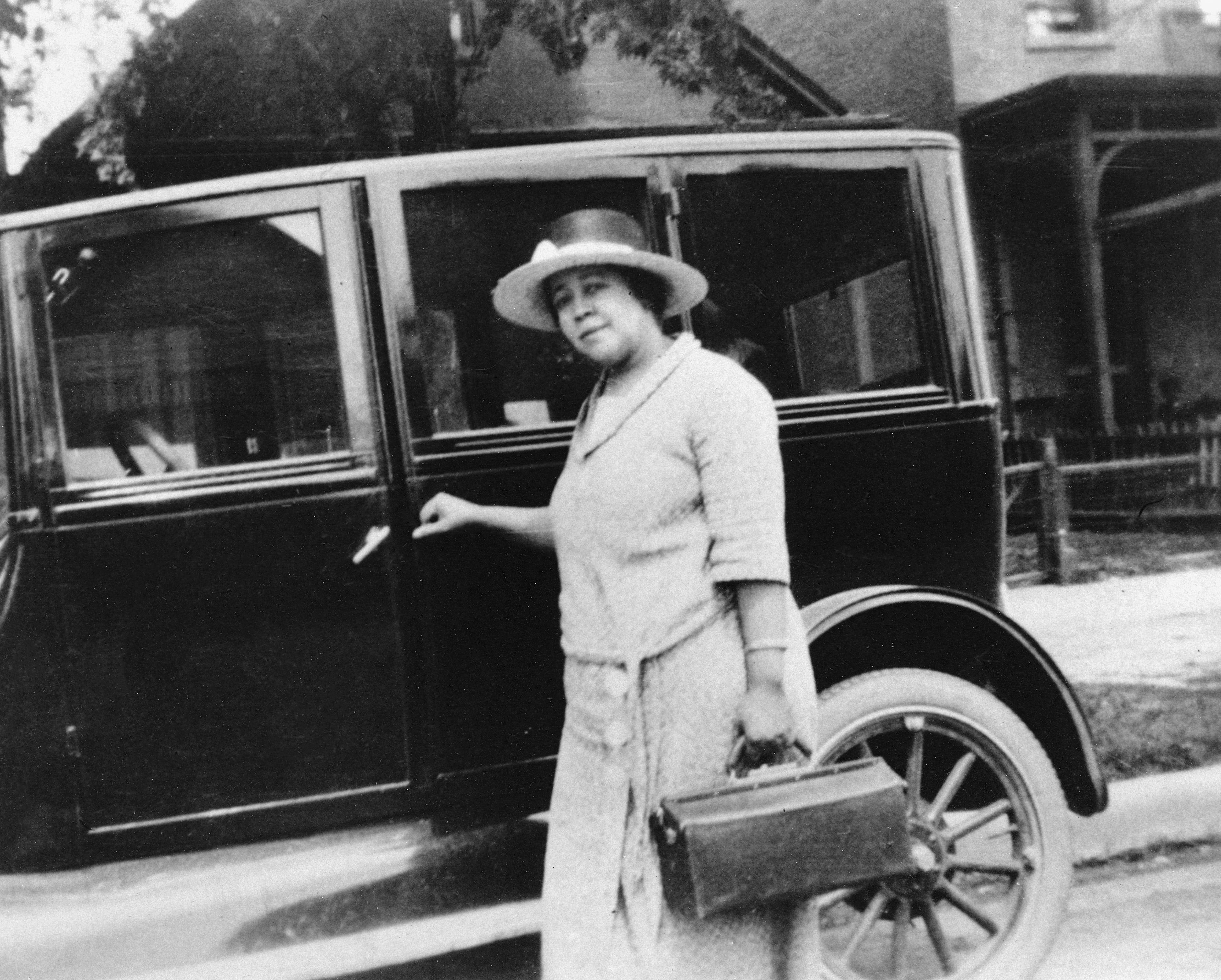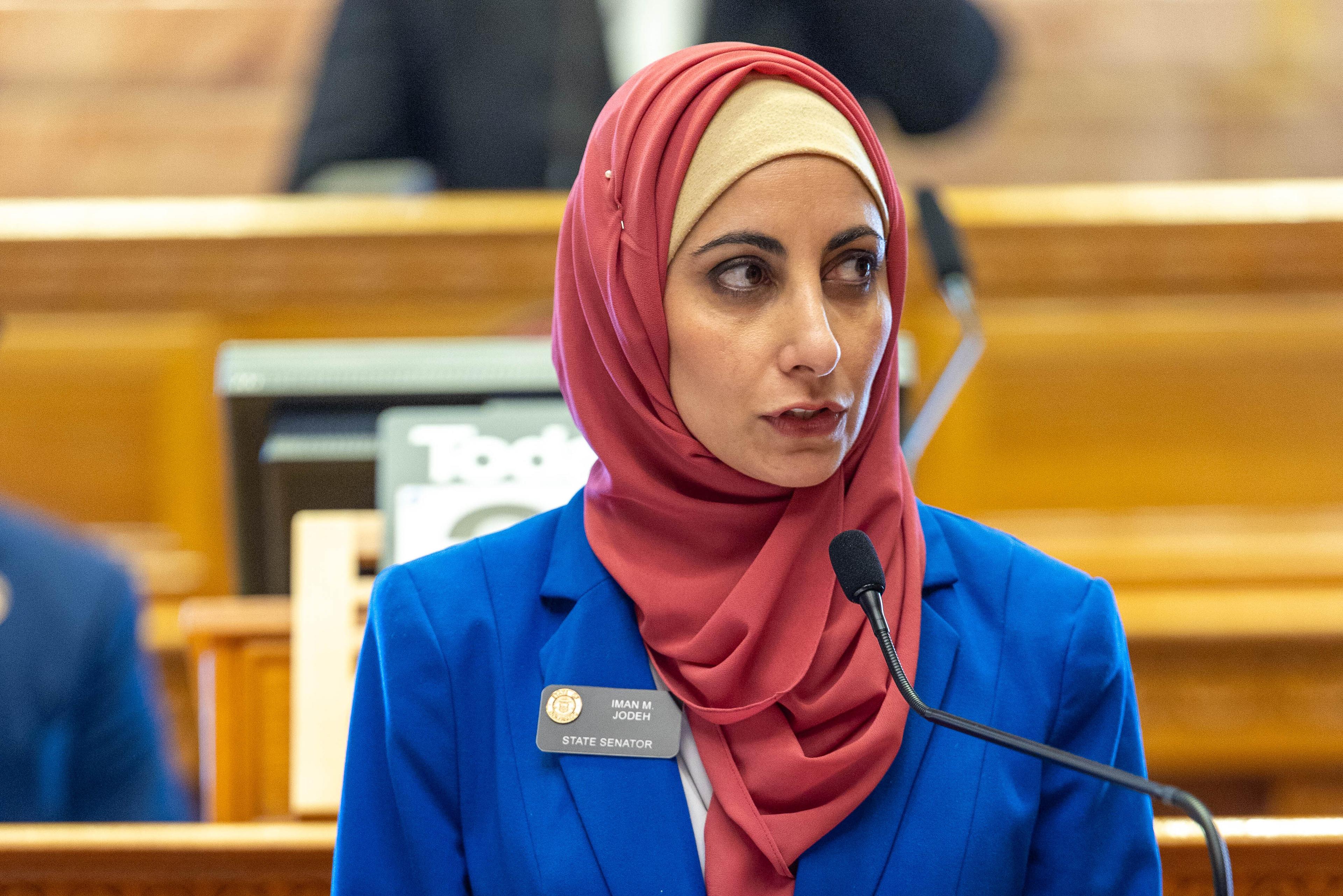

After school shootings like the massacre at Marjory Stoneman Douglas High, administrators reached out to former Columbine High principal Frank DeAngelis for advice, since there is no book to teach what he learned after gunmen killed 12 of his students and a teacher in 1999.
There should be no balloons at Stoneman Douglas' welcome-back ceremony, he told the school's administrator. The reason: Some balloons popped at Columbine's reopening, sending students diving for cover. Have substitutes on hand in case teachers need time to compose themselves. Change the sound of the fire alarm, which got pulled at both Columbine and Stoneman Douglas during the shootings, or it will cause some to panic.
DeAngelis, who has spoken to Stoneman Douglas' principal, said everyone must understand that the staff and students will never return to what they were before the shooting.
"It really is a marathon and not a sprint," he said in a phone interview from his Colorado home. "There are going to be days when everything seems to be getting back to where it might have been prior, but then something happens to hinder the healing process. One of things people asked me right after Columbine is 'When is it going to be back to normal?' I said it never really gets back to normal."
- For These Columbine Survivors, The #NeverAgain Protests Resonate Differently
- Darrell Scott, Father Of A Columbine Victim, Calls For 'Culture Of Connectedness'
Stoneman Douglas' 3,200 students are scheduled to return Wednesday, two weeks after authorities say 19-year-old former student Nikolas Cruz opened fire on Valentine's Day, killing 14 students and three staff members. He is charged with 17 counts of murder and could face the death penalty.
School officials say they will have counselors at Stoneman Douglas indefinitely to help students and staff. Extra armed security will also be on campus through the end of the school year.
Megan Faberman, an 18-year-old senior who plans to study psychiatric neuroscience at the University of Central Florida, said at a rally outside Stoneman Douglas that she and her friends are going to walk "arm in arm into the school" to defy Cruz.
"We are not going to let him win," she said.
At Virginia Tech, where a gunman killed 32 people in April 2007, teachers and students were given "the greatest flexibility possible" for determining how they wanted to move forward that semester, spokesman Mark Owczarski said.
When students returned to class, they were allowed to take whatever grade they had at the time of the shooting, accept a pass-fall mark or complete their courses in another semester. Numerous counselors were assigned to campus and given purple armbands so they were easily identifiable in case someone needed immediate help.
DeAngelis, who retired in 2014, said the survivors will deal with the tragedy in different ways.
"Some people needed to constantly talk about the experience and their feelings and where they are at any particular day and any particular moment," he said. "You had others who felt that 'The sooner I get back to teaching and get back to the activities I was involved with prior to the tragedy, it will help me move forward.' And then you had those people in between. For everyone, it is a challenge."
He said administrators and teachers need to recognize subtle signs of trauma among their colleagues.
"These teachers are there to help the kids, but a lot of times they are putting on a strong front, but they are hurting, too," he said. "It is important for administrators to keep an eye on their teachers, and the teachers need to help each other."
He said unexpected problems will arise. Many of the police officers who stormed Columbine to confront the shooters wore camouflage, so students were banned from wearing camouflage clothing because it disturbed others. History teachers had to be careful when showing videos about war because seeing and hearing gunfire traumatized students.
DeAngelis said Stoneman Douglas administrators will have to decide how to deal with spring rituals like prom and graduation, as those will create strong feelings of loss.
Survivors of other types of tragedies can sometimes choose whether they want to revisit the site of their anguish, but for students and teachers, that usually isn't an option. Stoneman Douglas students and staff will be reminded of their loss every school day, some of them for years, he said.
"When they walk down that hallway, it is going to bring them back to that day. They are going to see kids running out of that building. They are going to see kids with their hands up. They are going to hear gunshots," DeAngelis said. "They are going to relive that day in and day out, and that takes a toll on people."








